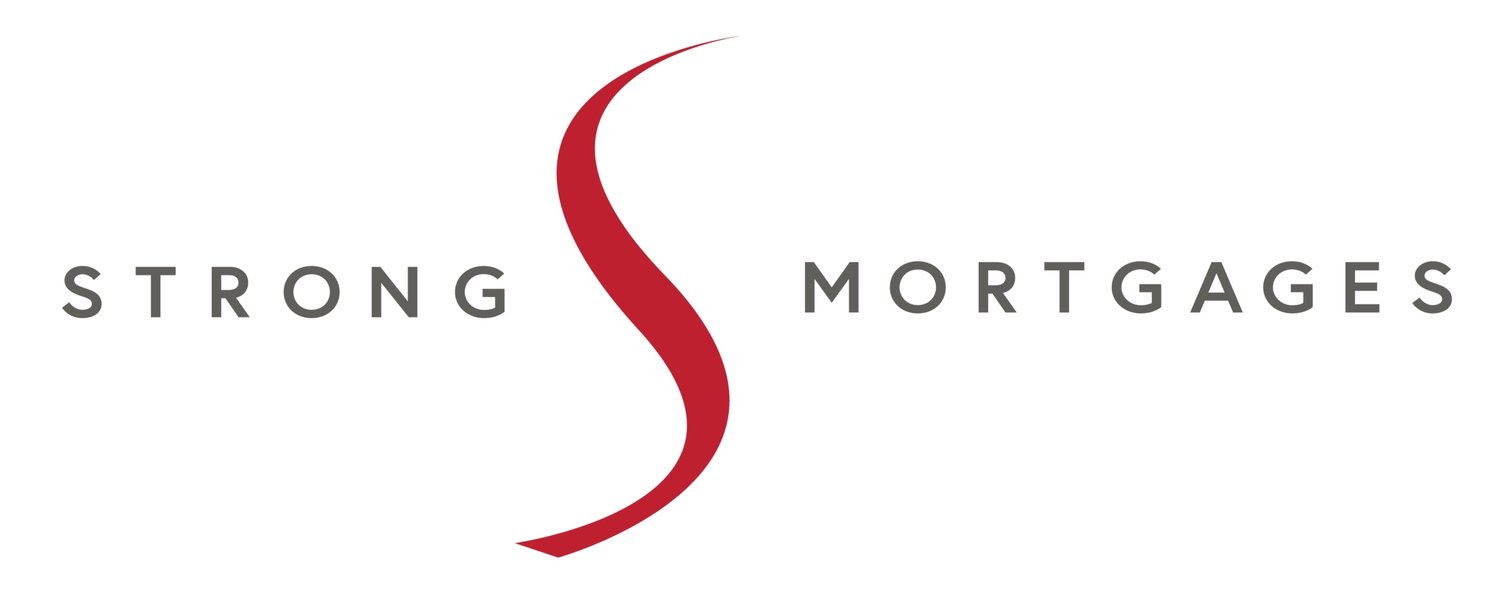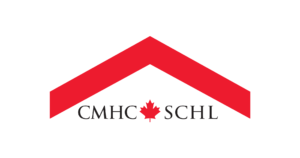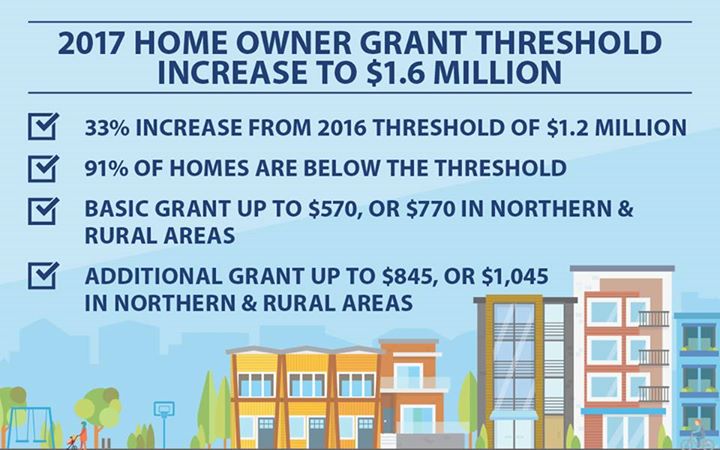[dropshadowbox]
[one_half]

[/one_half][one_half_last]

604.467.3871
nchabros@macrealty.com
ChabrosHomes.ca
[/one_half_last]
[/dropshadowbox]
PERSONAL SNAP SHOT
About: Nick is married and has a dog named Sunny. Born and raised in the Tri-cites area, he and his wife made a recent move to Mission and have been enjoying the new community immensely.
Interests: Sports – all kinds of them. Hockey, football, etc. Nick is what one might call, competitive and sports helps to feed that trait.
Likes (If you had more time, what would you do more of): Spending time with family, vacationing/weekend getaways and sports.
Loves (can’t live without): As a realtor, he can’t live without his phone or laptop.
BUSINESS BASICS
Started as a Realtor in: 2011.
Specialization: Residential, but has been training in commercial properties and commercial leasing. For specific areas, Nick covers the Tri-Cities and out towards the Fraser Valley including, Abbotsford, Surrey and Langley.
One-piece of advice for your clients: Do your due diligence when buying or selling the biggest investment of your life. Surround yourself with experienced professionals that include a real estate agent, mortgage broker, inspector and a lawyer/notary. Take your time and speak to two or three of each. Always establish a good connection with whom you are working with. Remember, this is the biggest investment of your life.
Why Macdonald Realty? Nick interviewed a number of brokerages and in meeting with the team at Macdonald, he just felt at home right away. Unlike some offices where there were 200+ agents, this office had only 30, at the time. It felt like family then, and it still does with a team under 40 agents today. With 20 offices in BC, Macdonald Realty has as a strong presence and deep roots being founded locally.
Nick is a friendly, easy to talk to, and efficient realtor. He was able to sell our townhouse quickly and, even in the red hot Greater Vancouver market, helped us to negotiate a great deal on our new house.
Sarah, Maple Ridge
Q & A
- What differentiates you from the 13,000 licensed real estate agents in the Greater Vancouver area?
I know who I am and how hard I work. I’m competitive and work for my clients. I’ve been in the customer service industry for 20 years and simply love working with people. Also, not only are you hiring me, as your agent, you’re hiring Macdonald Realty. We have been a BC owned company for over 70 years that can help with your residential, investment, relocation, rental and commercial needs.
- What do you think clients look for in a realtor?
Someone that is honest and works with integrity. They also want someone dedicated to helping them buy and/or sell the biggest investment of their lives.
- How do clients describe you and what’s your best feature?
Honest and hardworking.
Real estate is like a rollercoaster ride. Buying your first home or dream home…can be exhilarating. It can also be frustrating & disappointing when you lose in a bidding war or the inspection turns out ugly. Providing the keys to my clients to their new home is a great feeling but sometimes, as a realtor, you have to give clients bad news, and it’s important to have that level of respect and trust that comes from being open and honest.
- What inspired you to be a Realtor?
I was always interested in real estate. Having bought a couple of investment properties and going through the purchase and sale processes, I felt that it was something I wanted to pursue more and what better way than to actually get into the business.
- What do you love most about your job?
There are many things. Meeting new people daily, shopping for a home with clients, the rush of writing up an offer, giving clients the keys to their new home…It also allows for a flexible schedule. I used to have two jobs working 6 days a week, from early morning to late nights. Zero time for any fun time. Today, I’m my own boss and managing my own schedule, while also being able to be in full control of my earning potential is a great balance in life.
- What is the hardest part of your job?
There is nothing hard about my job. There can be challenges, but ultimately, it’s how you perceive them and what you do to keep going forward. There is always a solution for every problem. I was told early on in my career to always stay positive & persevere.
Contact Nick
Macdonald Realty Ltd.
#6-20691 Lougheed Hwy,
Maple Ridge, BC, V2X 2P9
(m) 604.377.8101
(o) 604.467.3871
nchabros@macrealty.com
ChabrosHomes.ca







